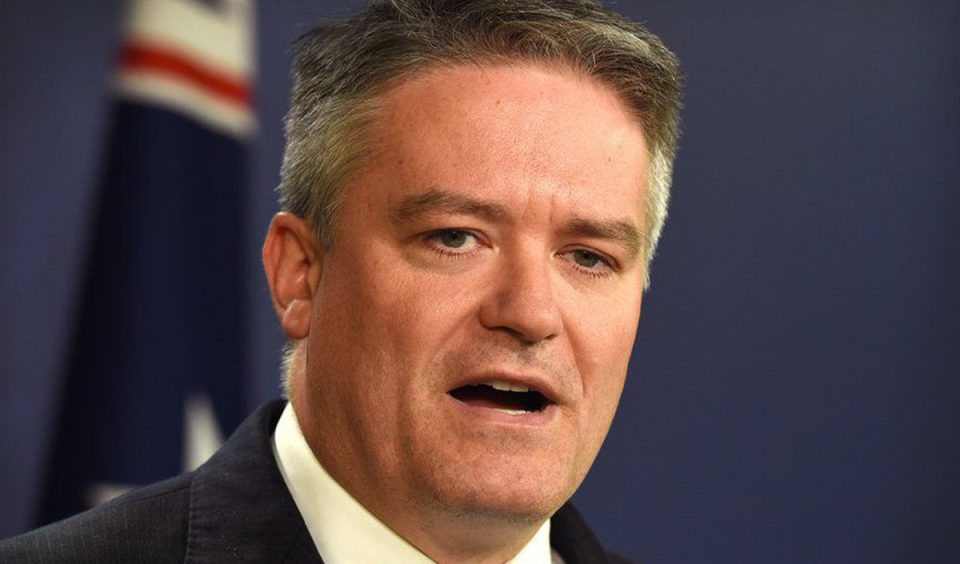Nigeria was conspicuously missing in a 136-nation deal that seeks to increase taxes imposed on multinational companies to 15 per cent and ultimately galvanize the reallocation of more than $125 billion of profits from around 100 of the world’s largest and most profitable multinational enterprises (MNEs).
The deal, held in Paris, France at the weekend, at the instance of Organisation for Economic Cooperation and Development (OECD), represents more than 90 percent of global Gross Domestic Product (GDP), ensures that these firms pay a fair share of tax wherever they operate and generate profits.
Mathias Cormann, the organisation’s secretary-general, said the agreement will make international tax arrangements fairer and work better.
“Today’s agreement will make our international tax arrangements fairer and work better. This is a major victory for effective and balanced multilateralism. It is a far-reaching agreement that will ensure our international tax system is fit for its purpose in a digitalised and globalised world economy. We must now work swiftly and diligently to ensure the effective implementation of this major reform,” he explained.
The deal goes beyond setting a global minimum tax ceiling, but also creates new rules for the digital era. Under the agreement, technology giants like Amazon, Facebook and other big global businesses will be required to pay taxes in countries where their goods or services are sold, even if they have no physical presence there.
Already, pressure is mounting on governments around the world to take tougher actions on tax, following revelations in the Pandora Papers, exposing a vast number of hidden offshore wealth running into billions of dollars.
According to OECD, Estonia, Hungary and Ireland are the last set of countries to join the agreement, which means the deal is now supported by all OECD and G20 countries.
However, Nigeria, Kenya, Pakistan and Sri Lanka are yet to join the agreement.
The agreement to enact a 15 per cent minimum corporate tax rate has long been proposed by the United States, which has long looked for ways to minimise incentives for companies to shift profits abroad to lower their tax bills.
As the Biden administration prepares to raise corporate tax rates in the United States, getting a global minimum tax in place has become critical to prevent companies from simply shifting their headquarters overseas.




